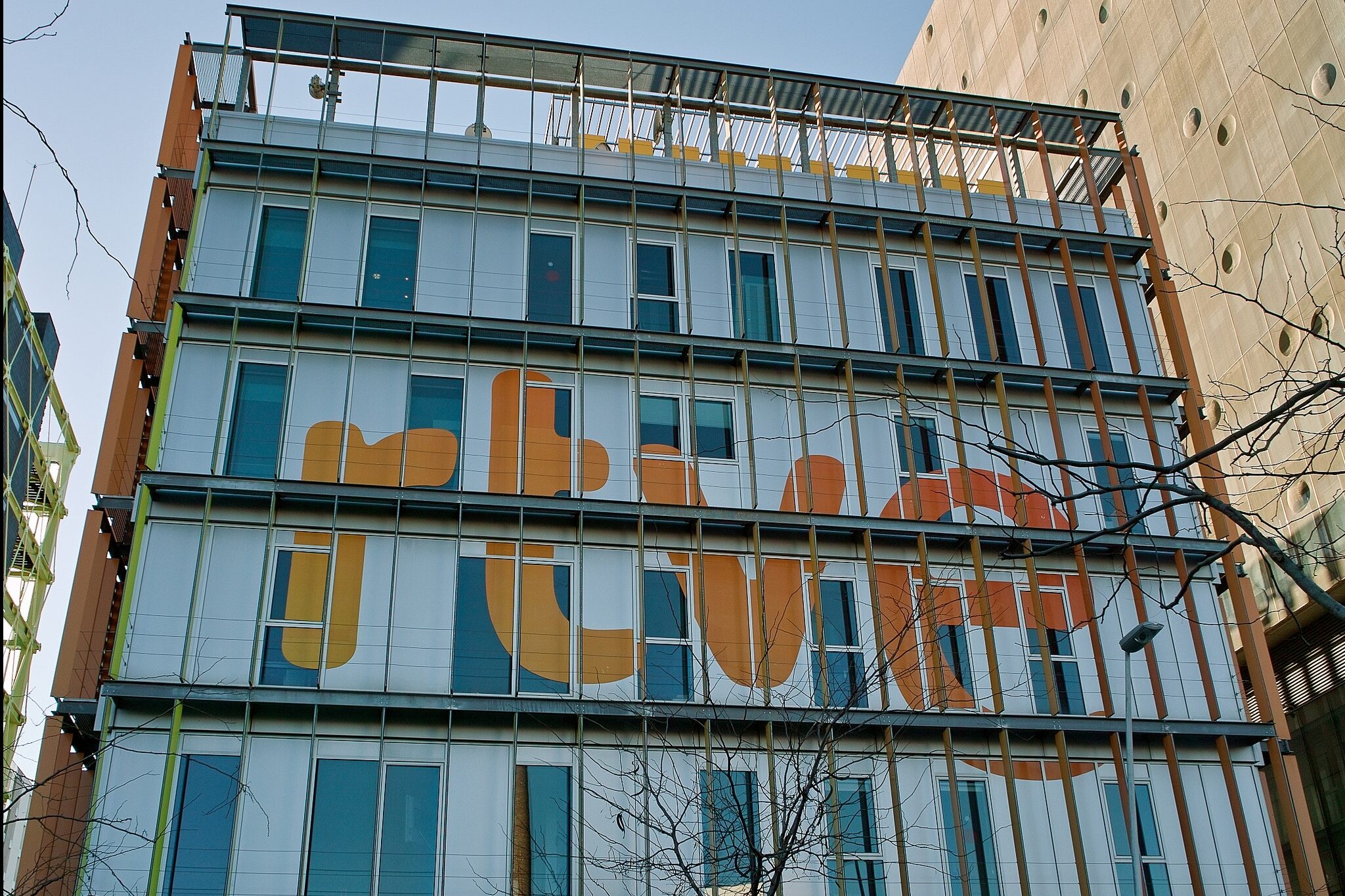The Spanish public broadcaster was on its way to becoming more independent but a series of political rows has stalled progress and its future is now unclear.
Back in September, it looked as though Spain’s public broadcaster, Corporación de Radio y Televisión Española (RTVE), was ready to free itself from political influence. The Congress approved a reform that saw RTVE’s President and Board members elected via a public contest and then ratified by a two-thirds majority in the Parliament.
The reform was initially agreed in June by all main political parties – Podemos, Ciudadanos, the Spanish Socialist Workers’ Party (Partido Socialista Obrero Español – PSOE)- and the People’s Party (Partido Popular – PP), but was subsequently contested by the latter, who proposed an amendment that would have reduced its consensus.
The amendment was rejected and the reform was finally approved by the Congress in September, paving the way for discussions on how to better structure the whole process. The reform was promising as it allowed more independence to the public broadcaster. With a president elected via public contest and then subject to a parliamentary vote, it would have been harder for political influences to slip through and compromise decisions made at the broadcaster.
However, political rows and disagreements halted the reform, among proposed amendments and unfruitful discussions. The reform provided a three month deadline for parties to submit a final structure of the public tender and in November both Congress and Senate announced the creation of a working group to outline the contest’s parameters, but the deadline passed by.
The Future
On January 9, the Congress will hold a meeting to open a deadline for the proposals to be presented. The likely scenario, in absence of an agreement, is that out of the ten members of the Board of Directors, four will be proposed by the PP, three by the PSOE, two by Podemos and one by Ciudadanos. But it is ultimately up to the Congress and the Senate to decide if the president is elected on the basis of the old law, which only requires a simple majority, or the reform approved in September.
Reverting back to the old law would undermine transparency and independence. For example, the current RTVE president José Antonio Sánchez, was appointed solely on the vote of the PP, who held the majority in Parliament at the time.
As the situation hangs in doubt and the outcome is still unclear, political parties have accused each other of making the process impossible and “a failure”. Ciudadanos and Podemos – the party that initially proposed the election by public tender – still believe it is possible to go via public tender in the future but there is currently limited time to achieve this.
Achieving Stability
Nonetheless, there is widespread consensus that main goal should be to give as much stability to the public broadcaster as possible despite the conflict between the two main parties. As such, the proposed next step will see the four parties agree on a proposal and provide a list of candidates for the Board, ranging from journalists to other media professionals that specialise in new technologies.
“In the end we all know that putting someone decent and powerful at the reins of RTVE depends, in essence, on political will,” said Alejandra Martínez, spokesperson of the public broadcaster’s news Council. “So, what is needed is now for parties to be serious and willing to collaborate, that they agree on a good name and that the more groups support it, the better. Right now, this is the greatest guarantee of independence and future,” she continued.
It will likely be a challenging year for the Spanish public broadcaster, as in addition to solving and overcoming this issue, it will have to face many hurdles when it comes to regaining credibility, gaining financial stability and evolving into a multiplatform public service media organisation.
If consensus is reached this month, the new members of the Board could be elected in February and they could then appoint a new president. In the meantime, there is still the chance to work on and approve the structure of a public contest for the future and pave the way for a independent RTVE, but it will require more time and, most importantly, strong political will.
Header image: RTVE Buildin in Madrid. Credits: Pedro Cambra/Creative Commons
